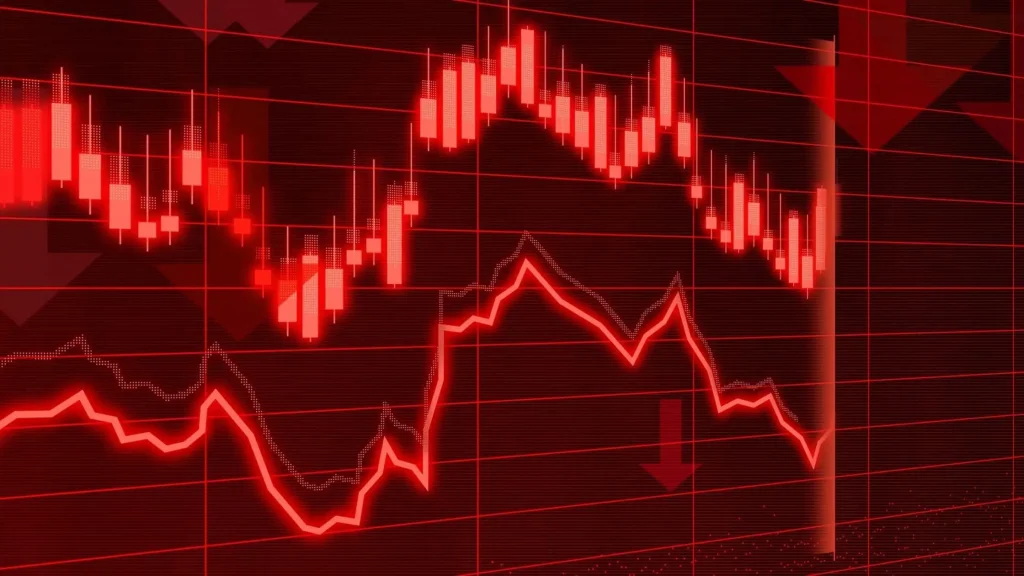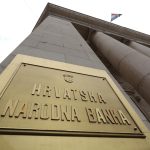The HNB Council discussed current economic and financial trends, underscoring that statistical indicators show that economic growth strengthened at the start of the year but that weaker consumer confidence is evident which, despite a mild recovery, retained a relatively low level in April.
Increased employment stopped in March, even though nominal wages are growing increasingly fast, while inflation has accelerated as the increased prices of oil and raw food on global markets, partially affected by the war in Ukraine, are spilling over onto domestic prices of petroleum products and food, HNB said.
Due to expected changes in the monetary policies of central banks in major economic areas, short-term and long-term costs of state financing have increased, with interest rates on corporate loans increasing slightly too, the HNB Council said. In those circumstances, lending to non-financial companies has accelerated, while household loans continue to increase at stable rates, reflecting strong housing loans.
The financial system’s overall exposure to systemic risks has increased due to the war in Ukraine and sanctions against Russia, with the consequences prices of raw materials and other goods on global and regional markets. The uncertainties with regard to the pandemic and recent geopolitical tensions have not yet jeopardised the stability of Croatia’s finance sector, HNB said.
The challenges in the coming period are related to geopolitical instabilities and inflationary pressures, the effects of expected normalisation of the monetary policy and the continued increase in real estate prices, HNB said.
Gradual price increase on new loans and burden on repayment of loans with a variable interest rate
The duration of the war in Ukraine will determine the degree of impact on macroeconomic, fiscal and financial trends.
HNB notes that disruptions in supply chains which additionally impact price rises could be a great burden on companies and households. In circumstances of growing inflation, it is expected that monetary policies will sharpen and key interest rates will increase in the largest economic areas. That will gradually increase the cost of new loans and burden loan repayments with a variable interest rate, HNB noted.
The negative impact of increased interest rates is buffered by a tendency of a decreased debt by households and companies and a relatively low level of debt by households and a relatively small number of loans whose repayments could increase significantly. The introduction of the euro as the official tender will additionally impact price increases and the government’s debt.
Harsher financing conditions on international financial markets and then an increase in domestic interest rates could buffer some risks for financial stability that strengthened over the long period of low interest rates, such as the strong borrowing by the private sector, low bank profitability and search for risky investment alternatives that offer a higher return rate. That risk is also related to a strong price increases in real estate, which is supported by a large volume of housing loans, HNB said.
HNB underscored that it is monitoring and analysing the development of the financial system’s vulnerability so that it can introduce measures in its remit. It recalled that at the start of 2022 it had announced raising the rate of anti-cyclic protected capital which would additionally strengthen the resilience of credit institutions from possible losses related to exposure to cyclic systemic risks in a downward phase of a financial cycle or the emergence of an unexpected crisis.
For more, make sure to check out our dedicated business section.












